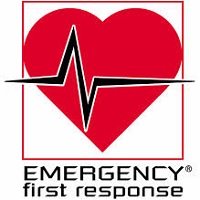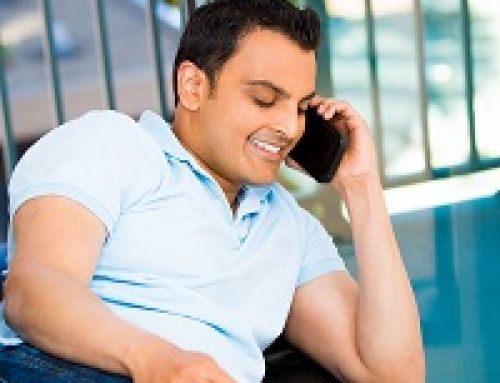Heart Attack First Response
Great. You had mentioned that 80% of heart disease can be prevented through lifestyle changes. That is a very colorful way to leave us with those thoughts. Everyone, here’s your chance to ask Ashish any questions you might have. I have the first question here. Welcome, caller.
_____
Caller One asks Ashish Mathur, Co-Founder and Executive Director of the South Asian Heart Center at El Camino Hospital: Thanks so much. We really appreciate your time here. Those are wonderful insights for all the listeners on the call.
Heart Attack First Response: What To Do First?
The question I have for you is, let’s say in the unfortunate situation, you find either yourself or someone around you suffering a heart attack. What are the first steps you can take that would help the person or yourself to get the highest chance of survival?
Ashish Mathur
That’s an excellent question. I should have mentioned it myself. This is a training that we provide to everyone here at the Center as well.
Heart Attack First Response: Recognize Symptoms
First is recognizing the symptoms.
There are a few things that you can look for. There is obviously the classic symptoms of heart attack, which could be chest pain, pain in the jaw. This is a kind of intolerable pain, pain that doesn’t go away by shifting positions or changing how you’re sitting.
Heart Attack First Response: Men vs Women
With the pain, you may have nausea. You may feel that you are vomiting. They are typical symptoms in males.
In females, you might see other kinds of symptoms, such as exercise-induced things, shoulder pain or headaches. It may be accompanied by some sweating. You might see that the back of the neck is sweating as well.
Heart Attack First Response: Call 911
If you recognize those, I think as an Indian, the first thing to do is to call 9-1-1 and not to wait.
Very often, these are the kinds of pain that you have that are unexplained.
If you are exercising or walking and you feel chest pain that, when you stop, the chest pain goes away or becomes less, these are exercise-induced kinds of pain.
Those are also times you want to call 9-1-1. Very often, people say, “Why should I call 9-1-1? It will pass. It will go away.” I would suggest that it is worthwhile to call.
If you have family history of heart attacks, if you’ve seen that happen to your parents or to your other siblings, then there is really no time to wait.
The first thing is to go to emergency and do that.
Heart Attack First Response: Relax As You Wait
What can you do while you are waiting for 9-1-1 to arrive? Make sure you are rested in the sense that you are not pacing around or doing stuff.
There have been a lot of emails that float around that say the best way to stop a heart attack is to drink hot water or to cough. There isn’t really any scientific basis or evidence for that.
What may be happening is that there is a clot developing that’s reducing your blood flow to the heart and that’s causing the heart attack.
Your best thing is to make sure that 9-1-1 is there. They have the equipment that’s necessary to provide.
Heart Attack First Response: Aspirin
You might take aspirin. It helps thin the blood out. People who have had a heart attack normally will be carrying some nitroglycerin with them in tablet form. They’ll have those to tide you by to help you expand the arteries a little bit before 9-1-1 arrives.
Thank you.
Caller One
Fantastic. Thank you so much. I appreciate that.
_____
Tell Us:
Do you feel more prepared for dealing with a heart attack? Are there heart attack first response tips you have come across? Chat with us below in the comments section.
_____
The above is an excerpt from Jasbina’s interview with Ashish Mathur
The entire interview transcript is at: Ashish Mathur NetIP (Network of Indian Professionals) Interview – Heart Diseases and their Prevention Tools for South Asians
Listen to the entire interview on: Intersections Match Talk Radio – Jasbina’s Lifestyle Show
Listen to the entire interview on Blog Talk Radio: NetIP Listen to the entire interview on iTunes _____





